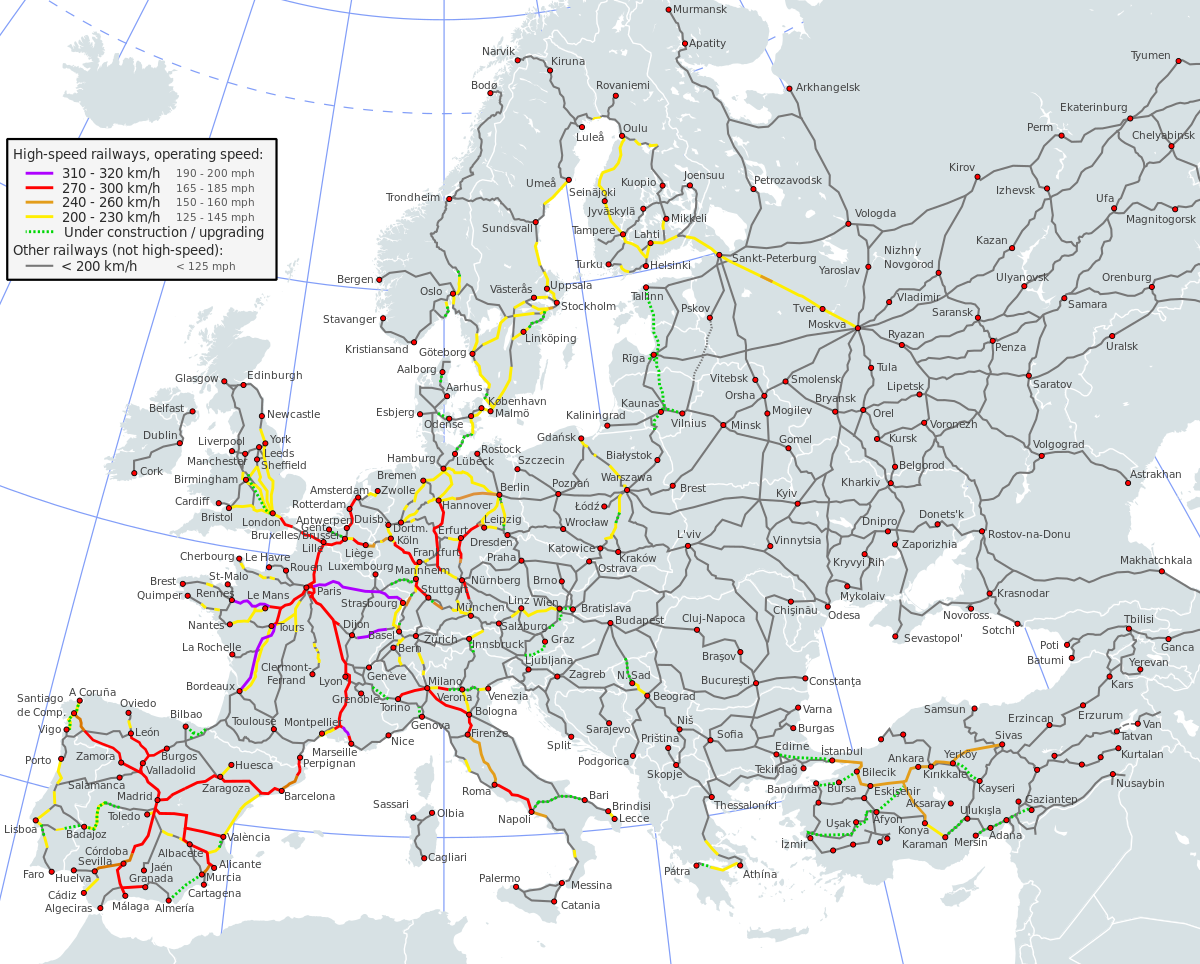I guess there is an issue around the availability of construction workers, not just money. It just isn't possible to build a load of huge projects concurrently and they have to form an orderly queue.
I think the main problem is a significant blight of short-termism in politics & long-term infrastructure planning in this country. "Uh-oh expensive project with no benefit in this government?!. Not sure I like that".

